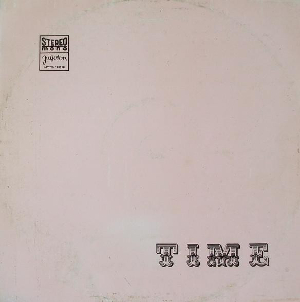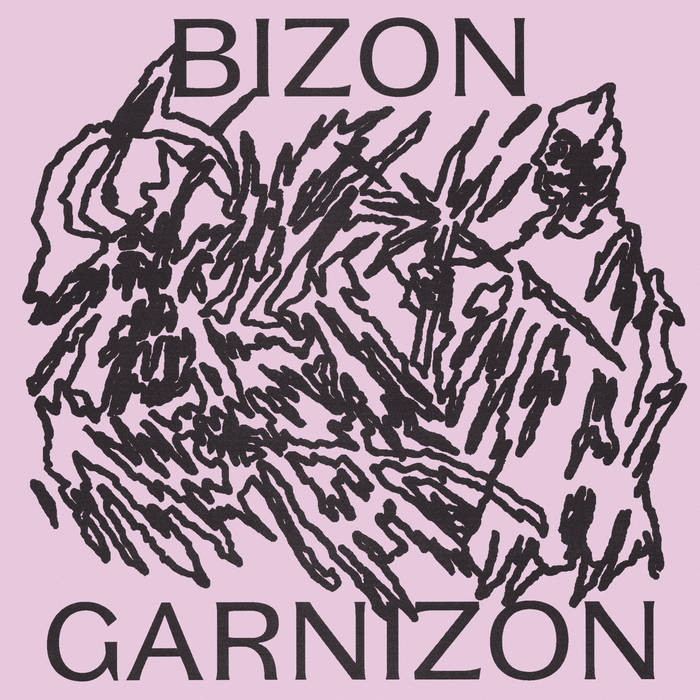Time’s 1972 self-titled debut broke like a tide across the region, reshaping the landscape for everything that followed. It was the moment progressive rock truly arrived in Yugoslavia, an album that opened doors, set standards, and hinted at just how far the music of this region could go.
The band itself was something of a supergroup, a rare gathering of major figures whose names still carry weight today. Dado Topić, already a charismatic force on vocals; Tihomir “Pop” Asanović, whose keys would soon become legendary in their own right; guitarist Vedran Božić, bassist Mario Mavrin, drummer Ratko Divjak, and flutist Lado Živković. With a lineup like this, ordinary was never an option. The result was extraordinary — a record that still feels alive more than fifty years later.
What makes Time so captivating? It’s the record’s refusal to sit still as it slithers between blues-rock, prog, funk, and jazz rock. It’s an album in motion, exploring every avenue available to them in 1972.
The opener, Istina Mašina (”The Truth Machine”), slides into gear with jazzy keys and a bluesy swagger. It’s a song that grooves more than it pushes, buoyed by Asanović’s funky flourishes and Topić’s soulful delivery. There’s grit in the guitar, but it never feels weighed down — it’s playful, swinging, like the band warming up the room.
Then the mood shifts. Pjesma No. 3 (”Song No. 3”) is a heart-stopper, drenched in melancholy. This is where the Floyd and Crimson comparisons come alive, but there’s something more tender in it, too. Božić’s guitar solos bleed emotion, never overplayed, always melodic. Topić sings as if pained or heartbroken, his voice full of ache, carrying the full weight of longing. It’s one of those tracks that slows down the world while it plays, thoughts and feelings fade into background noise. Alongside the finale, it’s difficult to do the track justice with words — you just need to sit down, close your eyes, and let it take you somewhere else.
Hegedupa Upa has never been my favourite cut on the record. Carried by Živković’s flute, it dances and flutters, with Topić scattering vocal sounds across the music — half-mumbles, half-phrases. It’s not the emotional core of the album, but it adds a playful,l jazzy texture, breaking the intensity before the descent into the darker corners.
The album then turns darker, smokier, with Kralj Alkohol (”King Alcohol”) creeping in like cigarette smoke in a late-night kafana. The groove is slow, funky, almost suspenseful at times — like a Pink Panther soundtrack. Topić paints the scene immediately—“Dim cigareta lebdi // Svuda oko nas” — and from there the track unfolds in shadows. Guitar, drums, and keys circle one another, teasing funk without ever surrendering to it. The ending belongs to Asanović, whose keys solo is nothing short of dazzling, channeling all the freedom and fire that would later define his solo work.
And then comes the finale. Za Koji Život Treba Da Se Rodim (”For Which Life Need I Be Born”) is more than just the closing track — it’s the culmination of everything Time had to offer, a ten-minute odyssey that still stands as one of the great achievements of Ex-YU rock. The lyrics are searching, existential, unafraid to ask the larger-than-life questions: “Za koji život treba da se rodim // Za koji sudnji dan treba da živim // I kojem Bogu treba da se molim // I koju ženu treba da volim ja” (“For which life need I be born // For what judgment day should I live // And to what God should I pray // And what woman should I love”). Topić sings with raw soul, while the band builds and rebuilds around him. The track evolves and fractures into instrumental passages that recall Us and Them in their space-rock elegance, or Supertramp’s Crime of the Century in their dramatic piano phrasing. Then the flute enters, and suddenly you’re reminded this is no imitation — this is prog rock uniquely seen through a Balkan lens.
To listen to Time today is to hear a band stretching themselves to the very limit, reaching at possibilities and often grasping them. It’s an album of ambition and experimentation, but also of heart. Unlike some prog records that can feel technical, distant, or overworked, this one is alive with soul and emotion.
For me, Time is not just a cornerstone of Yugoslav rock, but one of the most emotionally charged prog records of its era. And if you’re drawn into its orbit, the natural next stop is Josipa Lisac’s Dnevnik Jedne Ljubavi, where Time served as her backing band. The two records feel like siblings, snapshots of a moment in Zagreb when everything seemed possible.


